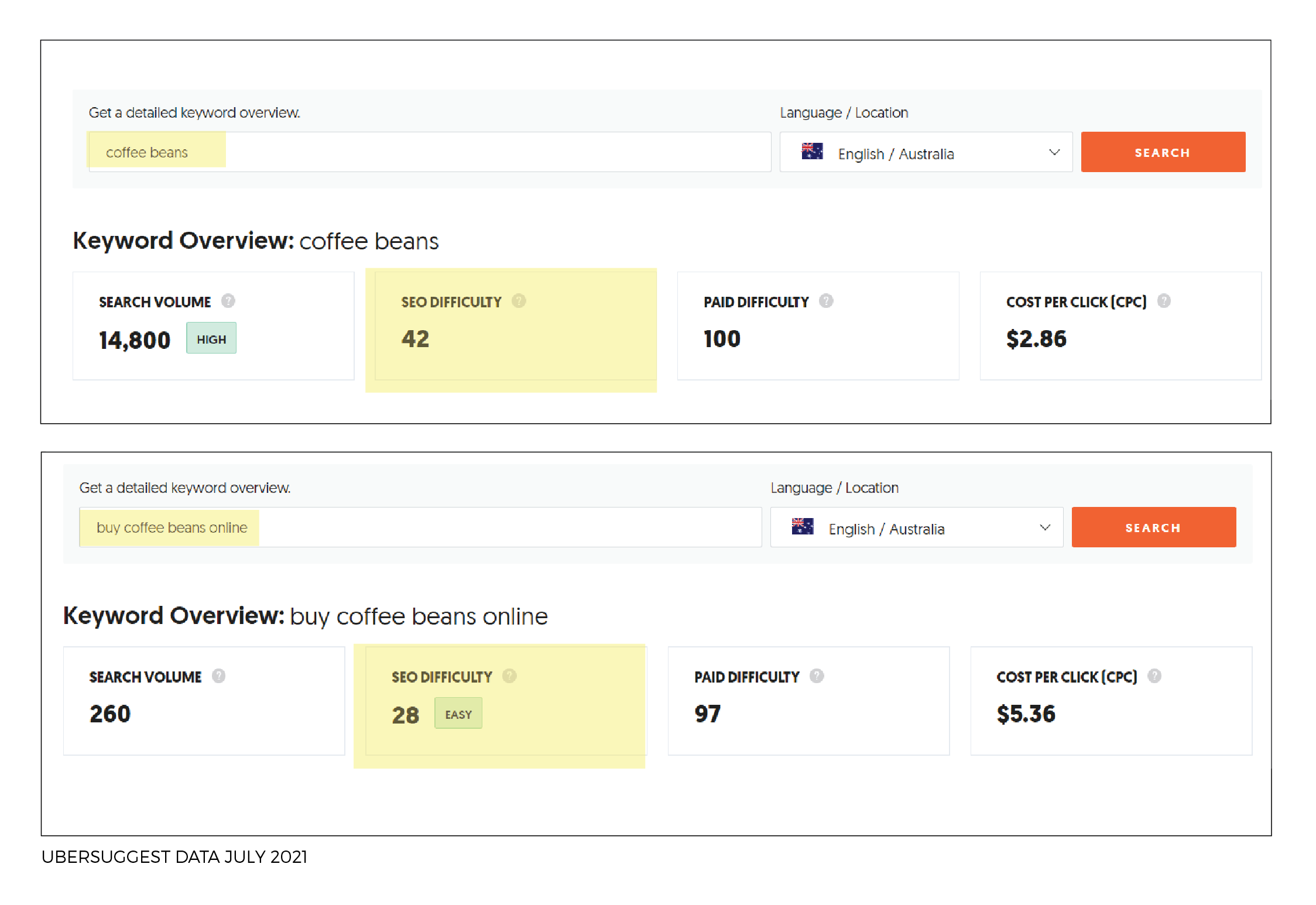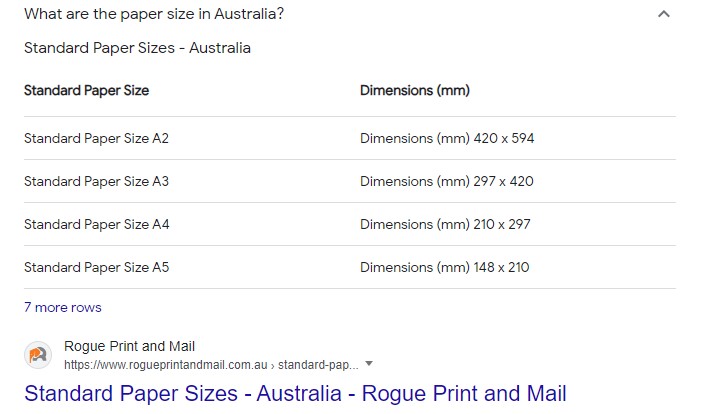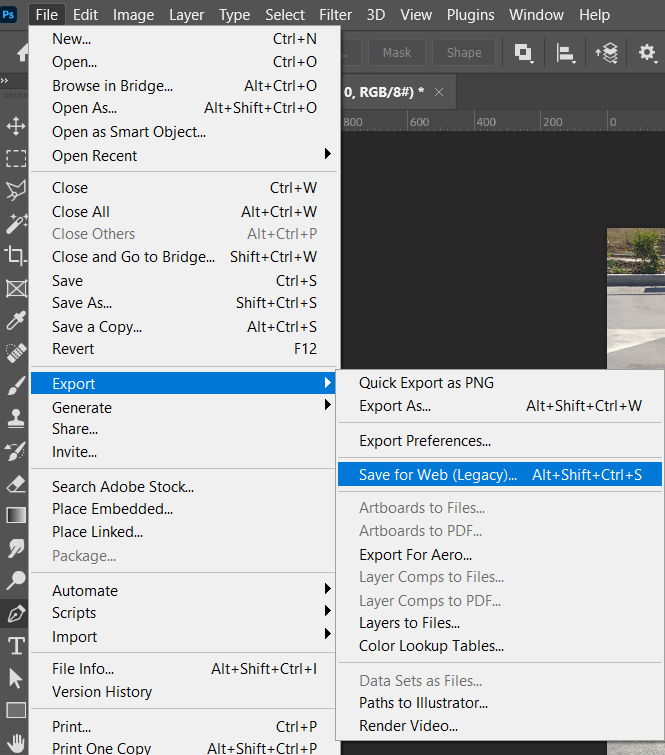4 Tips to Optimise your Web Pages for Search Engines
Experts in the SEO space all agree there is over 200 known ranking factors.
That’s a lot for website owners to consider, on top of actually running a business – it’s quite overwhelming.
Fortunately, there are some tried and true wins to optimise your individual web pages so they rank higher in search engines – or, the SERPS (Search Engine Result PageS).
For some more Quick SEO wins check out my article that goes through more strategies you can implement today.
Here are 4 tips that I suggest to our clients
- Get the technical parts of your website right
None of the other tips below will work otherwise. Make sure your site:
• Has an SSL certificate
• Is hosted with a reputable, fast and secure hosting provider
• Meets current standards of accessibility and responsiveness
• Has an ability to add basic on-page SEO metadata via a plugin, widget etc - Make sure your page/s match user intent
Your page should be all about one thing: user intent.
People go online to get answers to questions, to research a problem, to learn about brands.
So – what part of the customer journey is your individual page?
You need a page optimised for every single step of the process. And you need to be clear on the value your page is offering.
Let’s say you sell coffee beans online.
You may have pages to buy individual products, but do you have pages that match all the other steps a customer will take on the journey to finally deciding on you as their choice of supplier? - Don’t target broad key words
The issue with broadness: not only does it not match user intent, but it’s also likely to be a really competitive.
So instead of a one word search term focus, make it 3-4 words. We call this ‘long tail keywords’.
In our coffee example, instead of trying to make every page of your site match ‘coffee beans’, do a little key word research.
On your product buy page, try ‘buy coffee beans online’.
Yes, it will have a lower search volume but – it exactly matches user intent (ready to buy) and is not broad.
- Optimise your page
Now you have your search term – follow a few basics below:
• Your page should have at least 300 words
• Mention the key word in the page title, URL and first paragraph
• Add the key word to the images
• Use an SEO plugin or widget to add page metadata so you have an optimised ‘snippet’ – this is the preview text you see in Google as below:
For more advice on SEO and getting more website traffic, read our blog our reach out for a quote.
Article Contents:
- Get the technical parts of your website right
- Make sure your page/s match user intent
- Don't target broad keywords
- Optimise your page
More Articles:

Google’s Featured Snippets: Quick Start Guide
Article written by Susan Waterer of Waterer Communications in conjunction with Rogue Web Design. Read the featured snippet article on Waterer Communications blog. Snippets. Do you use them? Do you know what they are? In this quick guide, we provide an overview of the featured snippet, and how these brief extracts could bring big benefits…

How to get your new website to show on google
A question I get asked frequently by new clients after launching their new website … “How do I get my website to show on google? I’m not getting any visits”. I get the frustration. So today I’ll share 5 simple tips that work for me. So, you’ve just launched your site. You are excited about…

How To Save Images for Web in Photoshop
In this article I’ll go through each step you need to take to save images for web in Photoshop, including how to balance size vs resolution, and optimising for SEO.

5 Quick SEO Wins You Can Implement Today
Looking for a few quick SEO Wins? Look no further. Here are 5 tried and tested tactics that you can implement today with little technical knowledge.

Business basics grants qld – opening soon
Round 3 of the Business Basics grants qld program opens 9am, 16 May 2022 for businesses based in South East Queensland (SEQ) and regional Queensland.

4 Tips to Optimise your Web Pages for Search Engines
Experts in the SEO space all agree there is over 200 known ranking factors. Fortunately, there are some tried and true wins for optimising individual web pages so they rank higher in the SERPS.

Why You Need A Blog On Your Real Estate Website
While there are a number of real agents and companies that are leveraging blogs to support their sales interactions, there’s not nearly enough. Having a blog where you post valuable content for potential clients can make a huge impact in your business. Read three reasons Why You Need A Blog On Your Real Estate Website.

Articles
Articles All All Business Grants Marketing Tips SEO Tips Web Design Tips Jun 08 How To Save Images for Web in Photoshop By Shelley Morris In this article I’ll go through each step you need to take to save images for web in Photoshop, including how to balance size vs resolution, and optimising for SEO.…

Privacy Policy
Privacy Policy Rogue Print and Mail Pty Ltd is committed to providing quality services to you and this policy outlines our ongoing obligations to you in respect of how we manage your Personal Information. We have adopted the Australian Privacy Principles (APPs) contained in the Privacy Act 1988 (Cth) (the Privacy Act). The APPs govern the way…

Acount Trading Terms
OUR STANDARD ACCOUNT TRADING TERMS APPLICABLE TO ALL ACCOUNT HOLDERS 1. Definitions 1.1 ‘Seller’ shall mean Rogue Print and Mail P/L its successors and or a person acting on behalf of and with the authority of Rogue Print and Mail P/L. 1.2 ‘Buyer’ shall mean the Buyer (or any person acting on behalf of…

Contact
let’s start talking about your project. Your Name* First Last Your Email* Phone Number* Your Business Name* Deadline that your website is required by MM slash DD slash YYYY Are you seeking to update an old website or create a new one?* New website Update existing website Do you have a domain name or need…
- « Previous
- 1
- …
- 8
- 9
- 10
